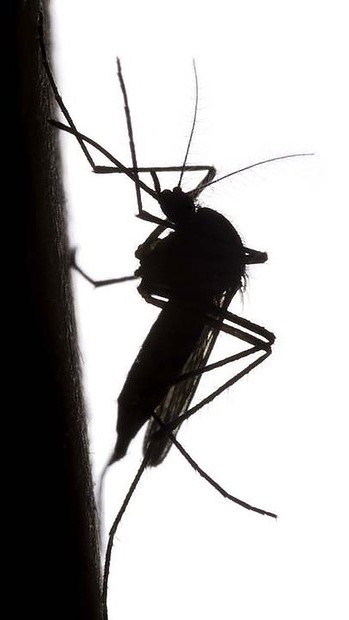Top marks in malaria trial
 Trials of a new malaria vaccine have had some stunning results, granting 100 per cent protection for months.
Trials of a new malaria vaccine have had some stunning results, granting 100 per cent protection for months.
The human trials achieved up to 100 per cent protection against infection (against the strain used in the vaccine) for at least 10 weeks after the last dose.
The vaccine was tested in a total of 35 human participants with no severe side effects.
The experts are now looking to further optimise the treatment to see if it will be suitable for the development of a full malaria vaccination program.
Some of the highest levels of protection against malaria reported to date have been achieved with vaccination strategies using either infectious or attenuated Plasmodium falciparum sporozites (PfSPZ) - cells from the malaria-causing parasite - to elicit an immune response.
Previous efforts have used actual mosquitoes to deliver live PfSPZ, but researchers are now investigating direct venous inoculation of infectious PfSPZ.
This is considered a more practical mode of delivery.
For the latest tests, healthy volunteers were given varying doses of the vaccine alongside chloroquine, an antimalarial drug.
They were then infected with the same strain of malaria used in the vaccine in three doses at four-week intervals.
The results showed the lower doses only protected some of the participants against infection, but the highest dose achieved 100 per cent protection (in nine participants) for at least 10 weeks after the last dose.
The same high dose delivered at shorter time period (three doses at five-day intervals) protected five out of eight individuals (63 per cent).
The researchers say further investigations are needed to determine whether their vaccine might have the potential to be useful as part of mass vaccination strategies to prevent malaria.
They propose that their next clinical trials will assess how effective their vaccine could be in more diverse populations, whether it works for different forms of malaria exposure and in different strains of the disease, and what the duration of protection might be.








 Print
Print